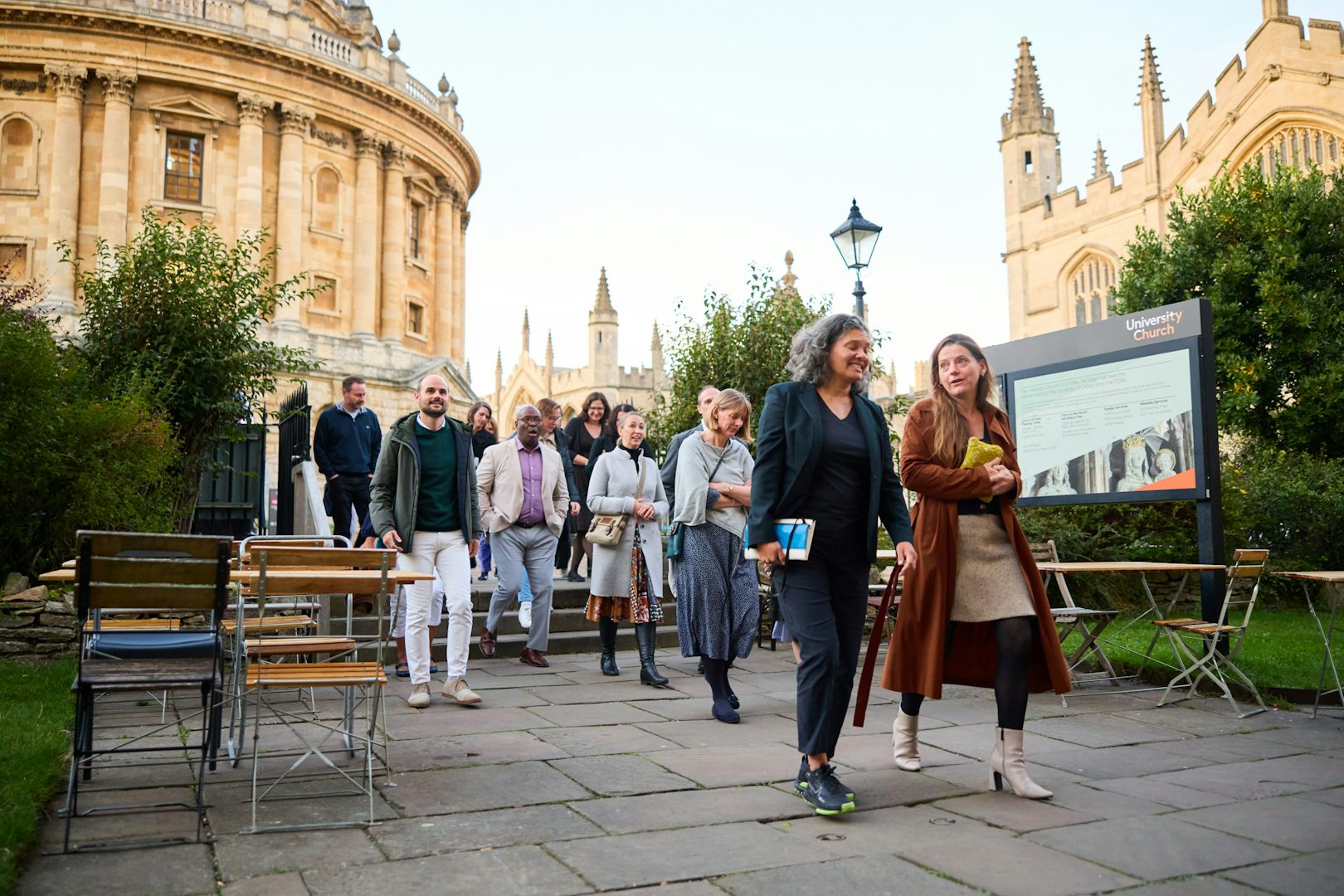Where’s the real value in leadership training?
Beyond skills, the benefits of leadership courses include deep personal development and a framework of senior contacts to lean on well into the future
Many leaders within the creative industry are themselves creatives – or at least they began that way. Whether through design, copywriting or strategy, they have climbed the ranks and find themselves in leadership positions, overseeing teams, companies or entire global networks. Drawn to their work through a passion for creativity, many don’t consider what their leadership style is – or foster its development – until they find themselves in positions of leadership.
To help bridge this gap, a number of courses targeted specifically at this group have emerged, offering leadership development and training for those in senior positions in the creative and cultural industries.
“You realise that in design, the more you progress career-wise, the more you are requested to manage and lead. But that is not the skill we were trained in when we were studying design or art at university,” says Ninela Ivanova, who leads the RCA’s Creative Leadership Masterclass alongside her colleague, Chris McGinley.
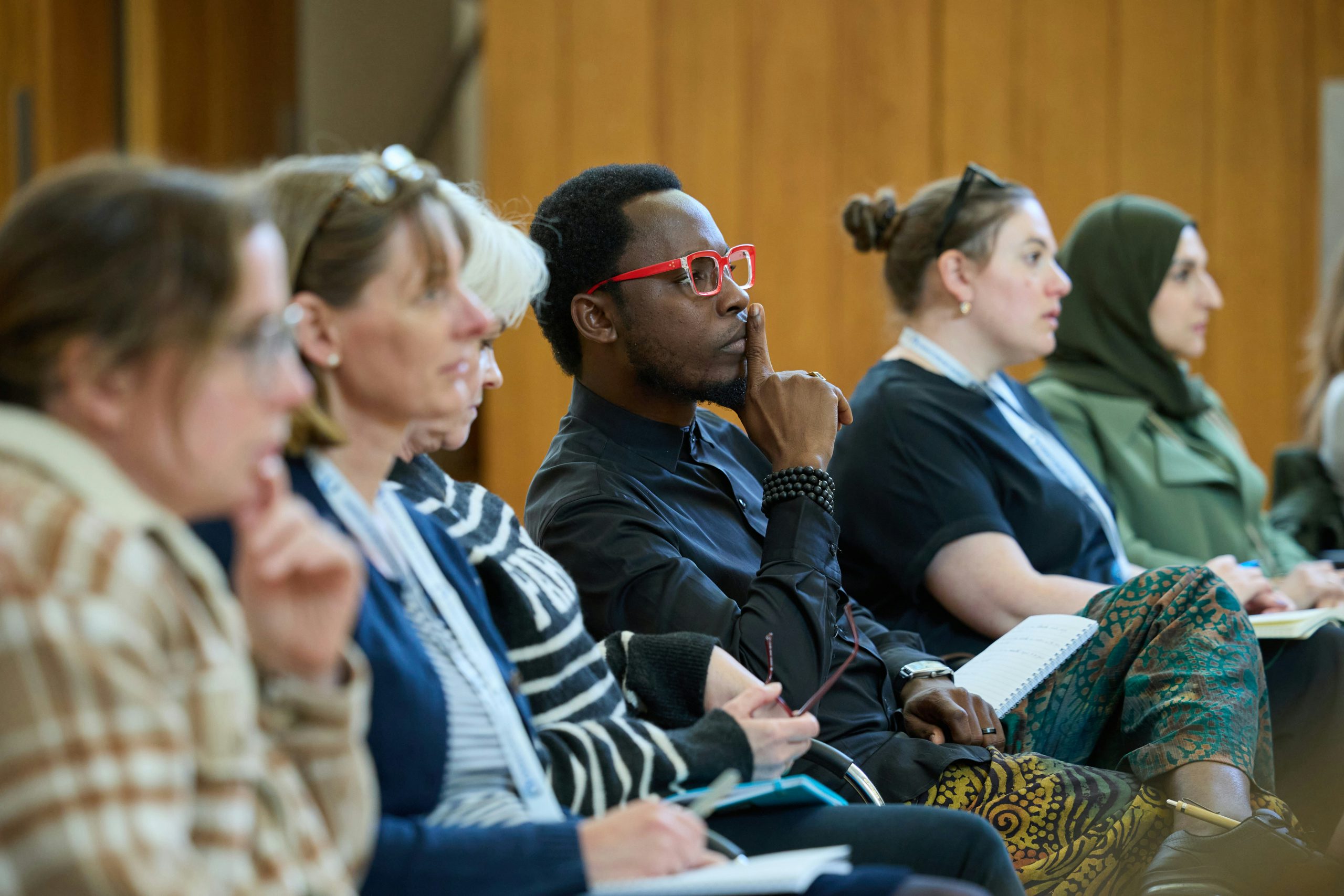
The RCA short course harnesses design and design thinking to support creatives in their leadership development. It offers bespoke programmes tailored to organisations outside the creative industries to bring creative principles into their leadership teams.
This gap in skillset has been identified by many within the creative industry. Paul Drake, foundation director at D&AD, says lack of training is among the biggest challenges facing leaders. “Our industry has a poor track record of investing in the people behind the work. As a result, many creatives are promoted into leadership roles without support, appropriate skills, or the time to consider what leadership really means to them.”
Our industry has a poor track record of investing in the people behind the work. As a result, many creatives are promoted into leadership roles without support
D&AD’s Creative Leaders Programme, which spans six months with in-person sessions, remote check-ins, alongside coaching and ongoing personal projects, marries business expertise with creative insight and peer-to-peer learning. “Rather than theory in a vacuum, the programme is grounded in reality and in the human side of creative leadership. It is not aimed at a specific part of the creative industry; instead, the cohorts reflect the increasingly diffuse nature of commercial creativity,” says Drake.
“Very often, people [will end up] in a leadership role because their passion and their talent [shone through],” explains Anna Sanders, who runs Oxford Cultural Leaders, designed and delivered by Oxford University. But, instinctively, they may feel they lack the appropriate leadership skills: “They may think, ‘Hmm, how prepared do I feel for this part of the role? What’s new about this role? And what would help me feel really prepared to deliver it to the [absolute best of my ability]?’”
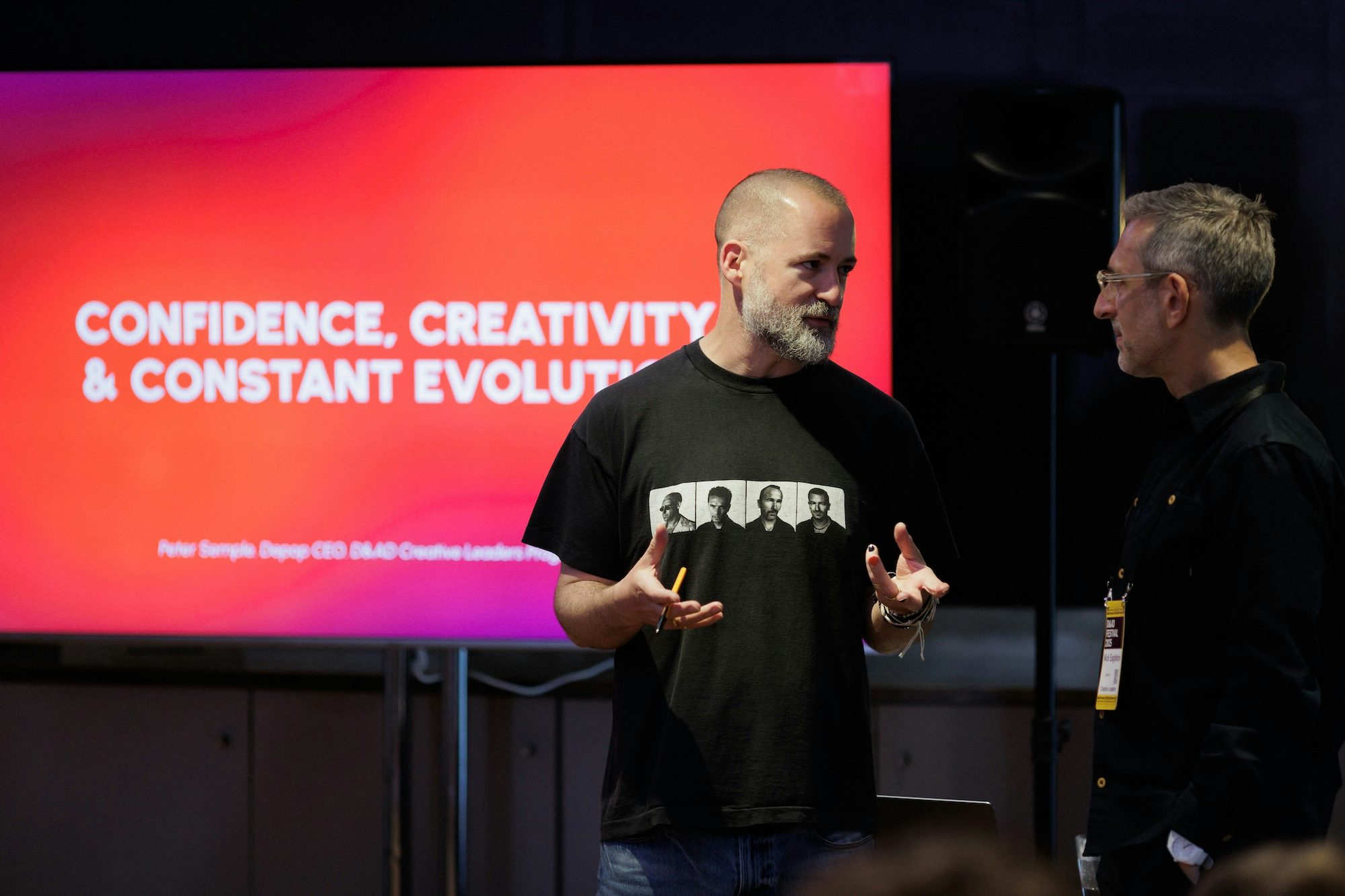
Now in its 10th year, the programme was founded when leaders at both the University of Oxford’s Saïd Business School and its Gardens, Libraries and Museums identified a gap in training for those in the cultural and arts sectors. “They thought it was important to build capacity in the leadership of those sectors,” says Sanders – to bring together the kind of entrepreneurialism, commercialism and understanding of the business world “to the massive talent and creativity of our sector”, she says.
The result is a week-long intensive course, with both a live version taught online and an on-location version, where you’ll learn alongside – and, crucially, from – other leaders from across the arts, culture and creative industries. Museum directors, CFOs, board leaders and emerging leadership talent balance practical applied learning with reflection and mentorship. Having taken part in the online programme myself in 2024, one of the most valuable and enduring elements was learning from the experiences of other participants, but also the space for self-reflection.
From a pure design perspective, we know that the value is in the engagement itself. The course is designed to offer a platform for exploring what leadership means on a personal level
This very personal, reflective element is the reason why people who have both run and participated in these courses say they prefer them over a self-directed, on-demand style of learning. The RCA’s Creative Leadership model is centred around empathy, clarity and creativity. “From a pure design perspective, we know that the value is in the engagement itself,” says Ivanova. “The course is designed to offer a platform for exploring what leadership means on a personal level, whether that’s through self-reflection or participatory activities. The main value is that you have that safe space to explore what that means for you,” she explains.
“You just can’t underestimate the value of stepping away sometimes,” says Drake. “Having the space was so important for the cohort on the programme; being able to absorb different perspectives, reflect, define positive change and develop the confidence to address the tension that change can bring.”
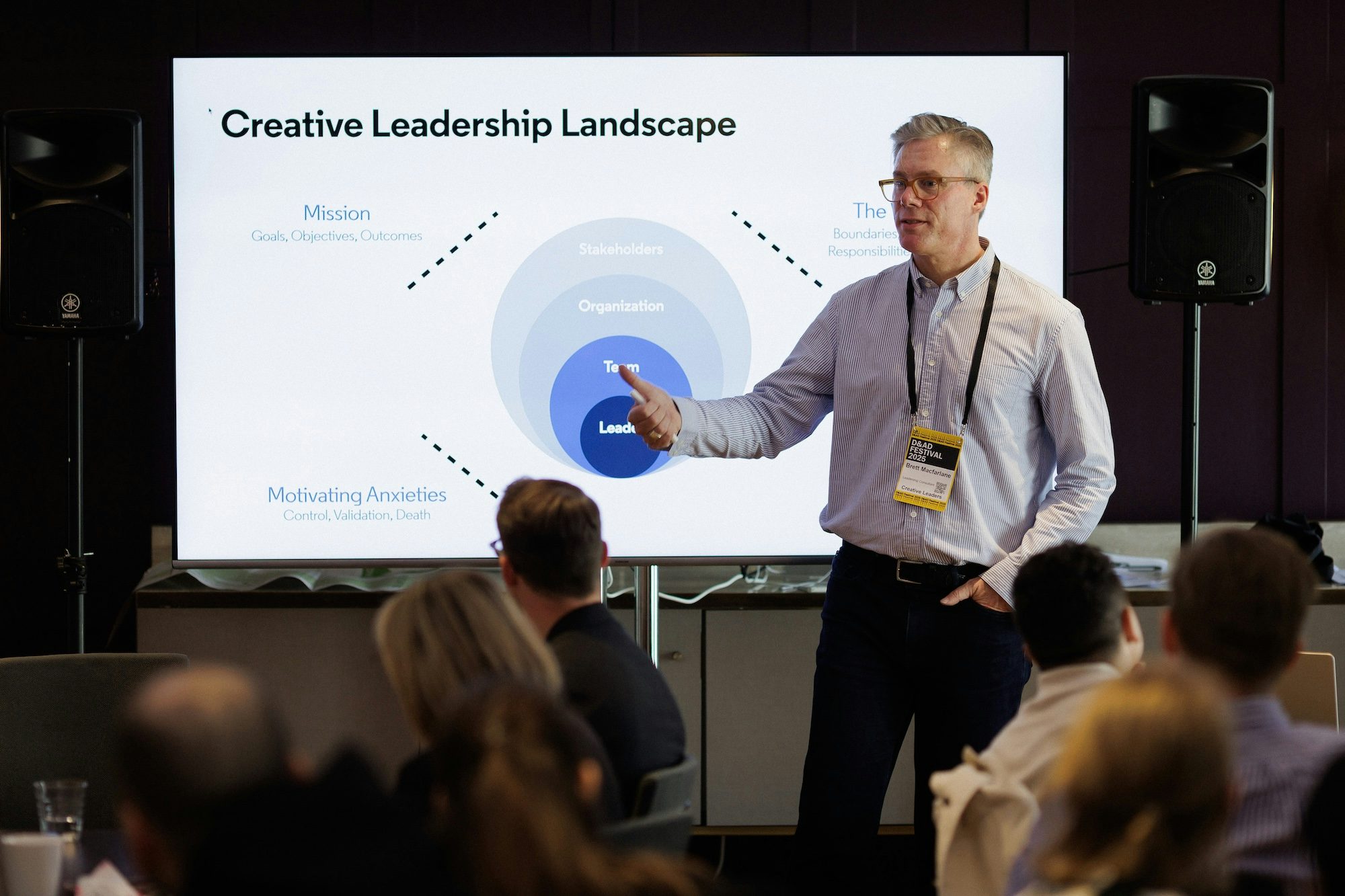
Participants may have signed up in search of freshly polished leadership tools to add to their professional toolbox but often find themselves doing much deeper work. Gabriela Milyanova de Vries, business development manager at EIT Culture & Creativity, who participated in Oxford Cultural Leaders and, previously, a leadership course with THNK School of Leadership, found this to be the case with both experiences.
“I am super interested in the element of psychology that there is in these courses. And there seems to be quite a lot. I was surprised the first time I entered the THNK course – I expected to get all the answers. I thought, ‘I’m going to get project management tips for how to lead a project.’ But, actually, it was a lot about personal reflection, personal growth – learning more about who you are and what your leadership style is, but also in which mode you are operating, and questioning if that mode is serving you.”
You hear about people who are still in touch years later, supporting each other. You’ve got this real sense of a community who’s got your back
Course leaders understand that many people who find themselves at a crossroads in their careers, or in their lives, become drawn to this kind of training. “So it is not a surprise that within a year or two, they tell us they are [embarking on] some big exciting, interesting change that is really fulfilling for them,” says Sanders. “There’s a lot of role movement – a lot of people taking interesting changes in direction or significant new roles. And then we also hear about people taking an idea they nurtured on the programme and shared with colleagues and running with it.”
One member of the inaugural D&AD cohort, Jo Smith – global design lead for Captain Morgan, Don Papa & Europe and Africa Innovation at Diageo – says the thing she found most interesting was that “most of us shared similar problems, with just slightly different nuances”, with the tutors supporting the cohort to develop solutions to their challenges. Another particularly useful takeaway for Smith was learning how to communicate the value of creative work to “business leaders such as CFOs, and highlighting the impact of creative work on business performance”.
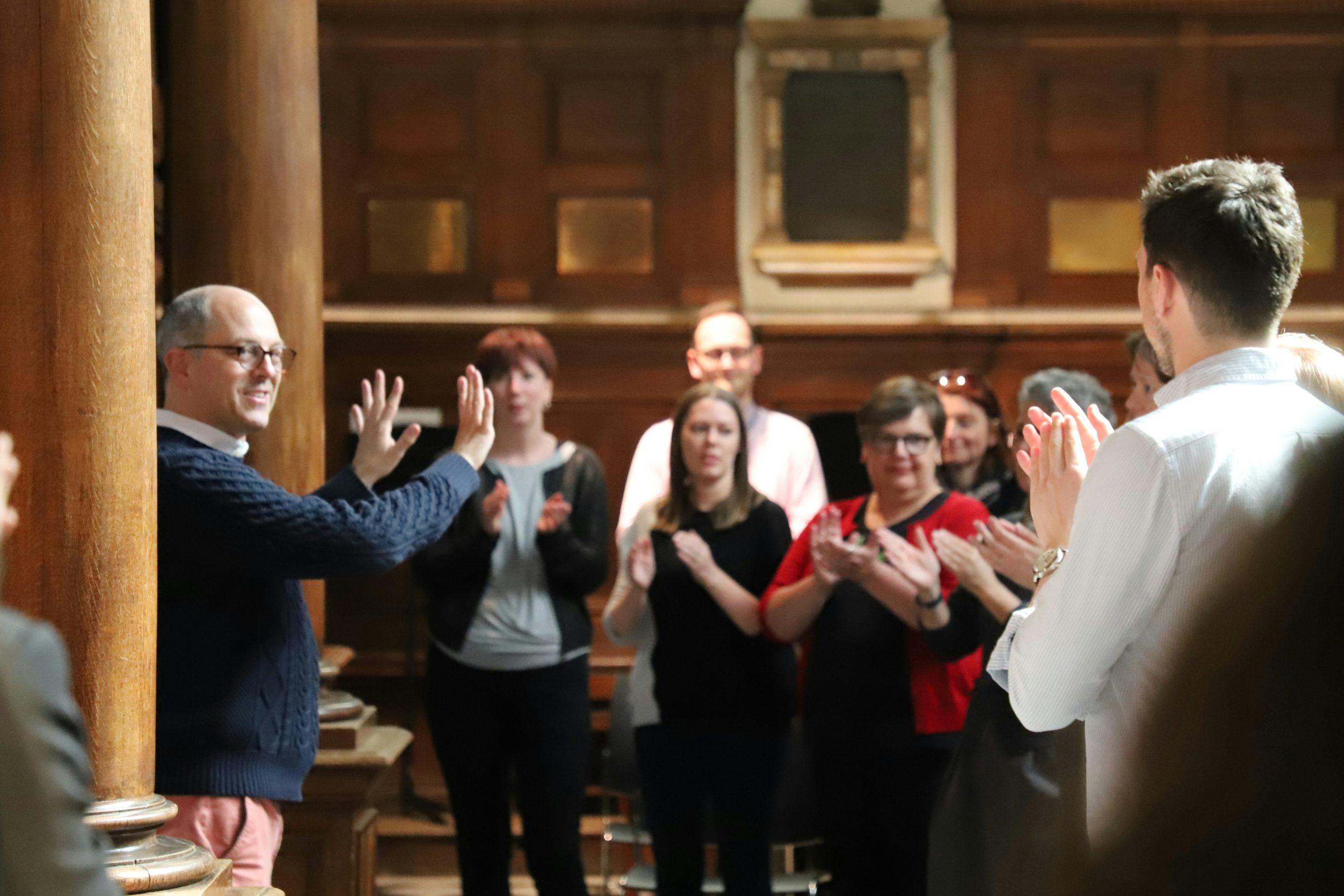
In the long term, the networks that begin on these courses – both formal alumni networks and the networking that takes place within cohorts – becomes a conduit for continued learning and development. Since finishing the OCL programme, I’ve joined two online learning events, as well as an entire day alumni event in person where we ‘wargamed’ very current situations faced by cultural institutions.
“You hear about people who are still in touch years later, supporting each other,” says Sanders. “You’ve got this real sense of a community who’s got your back.”
These networks are supported by the programme leaders: the RCA invites its participants to its network and events, and though in its infancy, D&AD’s plans for its first cohort are for tailored ongoing mentorship and check-ins. In addition, members from across the courses report that the WhatsApp groups are thriving.
